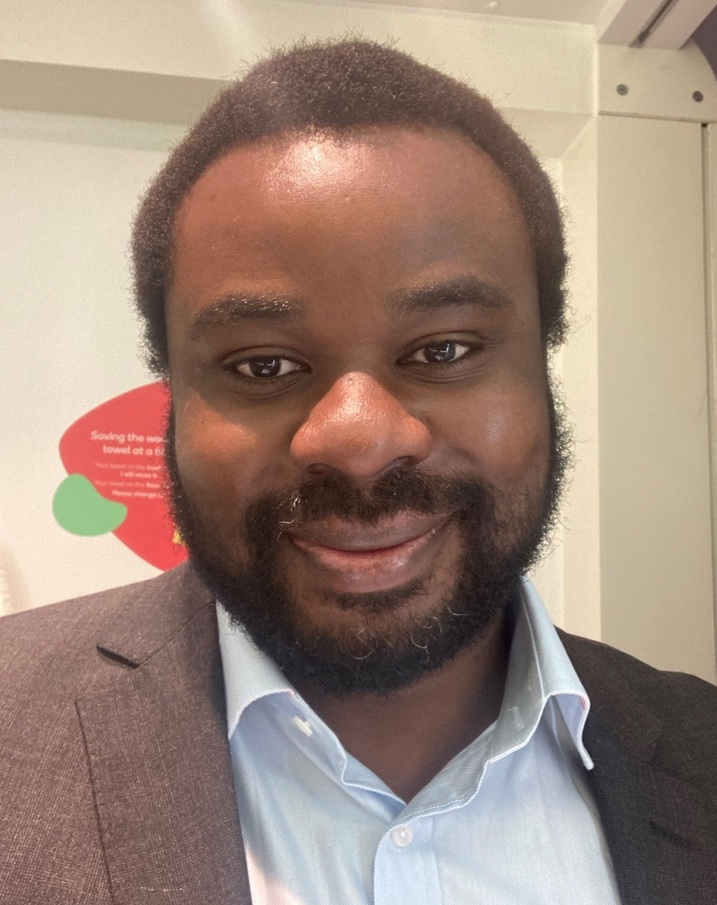Breaking barriers: Sharing my medical journey for Black History Month
For Black History Month, clinical oncologist Dr Ken Oguejiofor shares his medical journey and personal experience as a Black doctor in the NHS.
My journey into medicine was shaped by a personal loss in my early years. I was not satisfied with the answers I was given by a doctor and was motivated to study medicine and do things differently. As a black doctor, I wanted to share my experience working in the NHS, the challenges I faced and the importance of having supportive colleagues and mentors.
I grew up in Nigeria where I attended medical school before moving to the UK and enrolling at the University of Manchester for a master’s degree and a PhD with Catherine West, a Professor of Radiation Biology.
The most important experience was my time in graduate school in Manchester. Moving to a different country, things could have gone wrong, but I was fortunate to have a supportive supervisor and mentor who gave me time to blossom and introduced me to radiotherapy and clinical oncology. After completing my post-graduate studies, I moved to Southampton for core medical rotations and registrar training in the Wessex deanery clinical oncology scheme.

Stay consistent
When joining any new clinical team, there’s always a period of adjustment when members of the team will unintentionally assess you. In this scenario, I would advise you to stay consistent and always do the best you can for your patients. Your colleagues should be quick to recognise this and support you.
The transition to becoming a consultant felt slightly easier for me as I joined the department where I had trained and was familiar with the team. This won’t always be the case for everyone although I still had a steep learning curve and a sudden increase in responsibility that no one prepares you for. I found this challenging at times as I established myself within clinical teams.
My advice for black doctors
In the UK medical space, black representation is currently low, and there are many factors as to why this is the case. In part, I believe this is a reflection of the working-age population at large and low numbers enrolling in UK medical schools. However, a lack of diversity in workplace cultures, support networks for black medical students and access to education and resources are just a few areas where more effort needs to be made to address these issues.
My advice to the next generation of black doctors working within the NHS is to look out for supportive mentors early in your career to help guide you and always put the patients first to deliver excellent care.
I am seeing first-hand how it is becoming more diverse at both junior and senior levels, and I hope this will continue as more international medical graduates join the UK medical workforce and black medical student enrolments increase. I have been fortunate to meet colleagues who were keen to support my journey and, as I reflect on my career now, I hope that I’m making a difference to patients and their families.